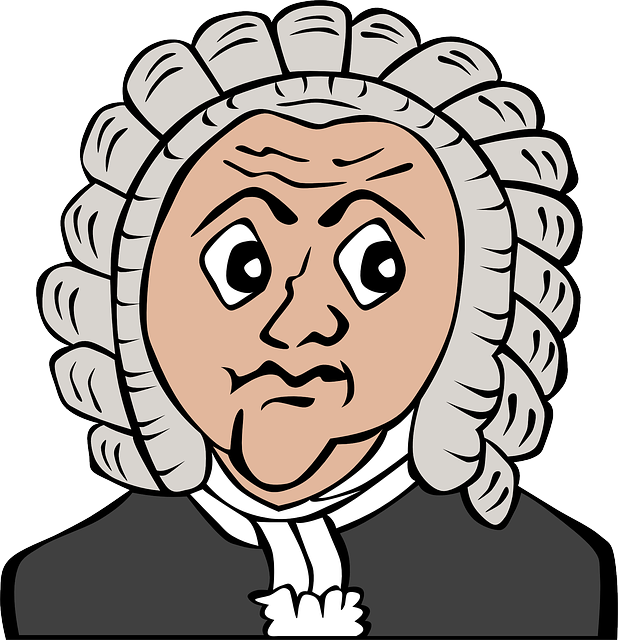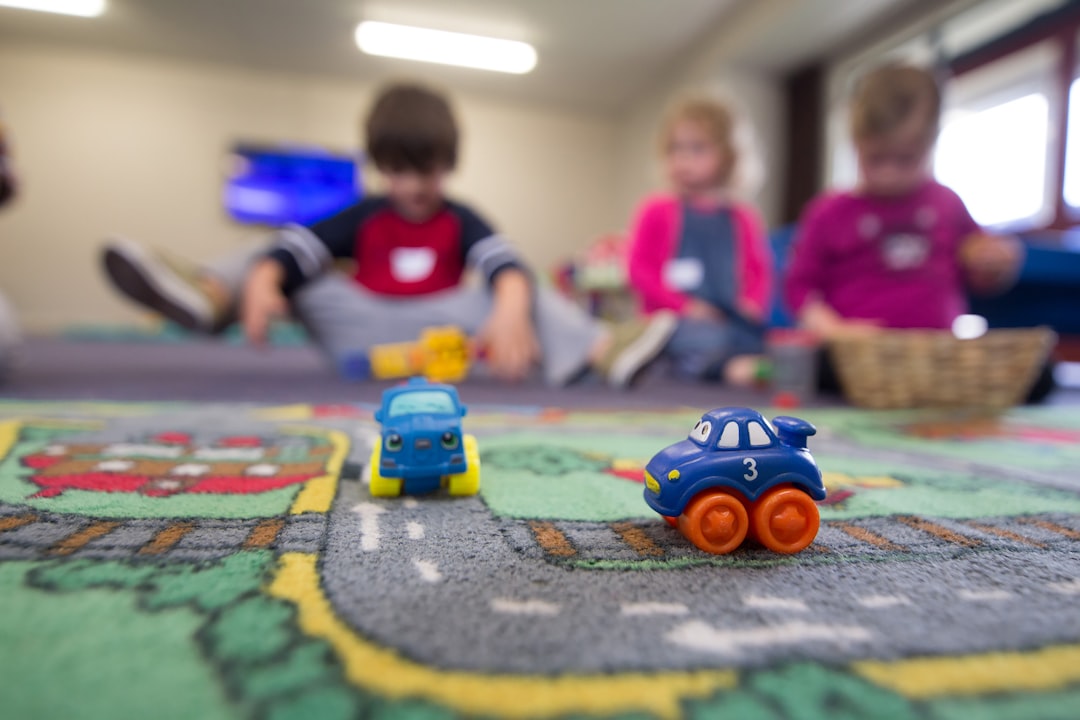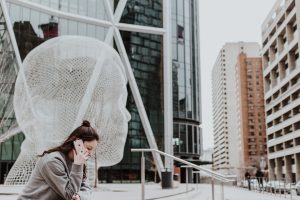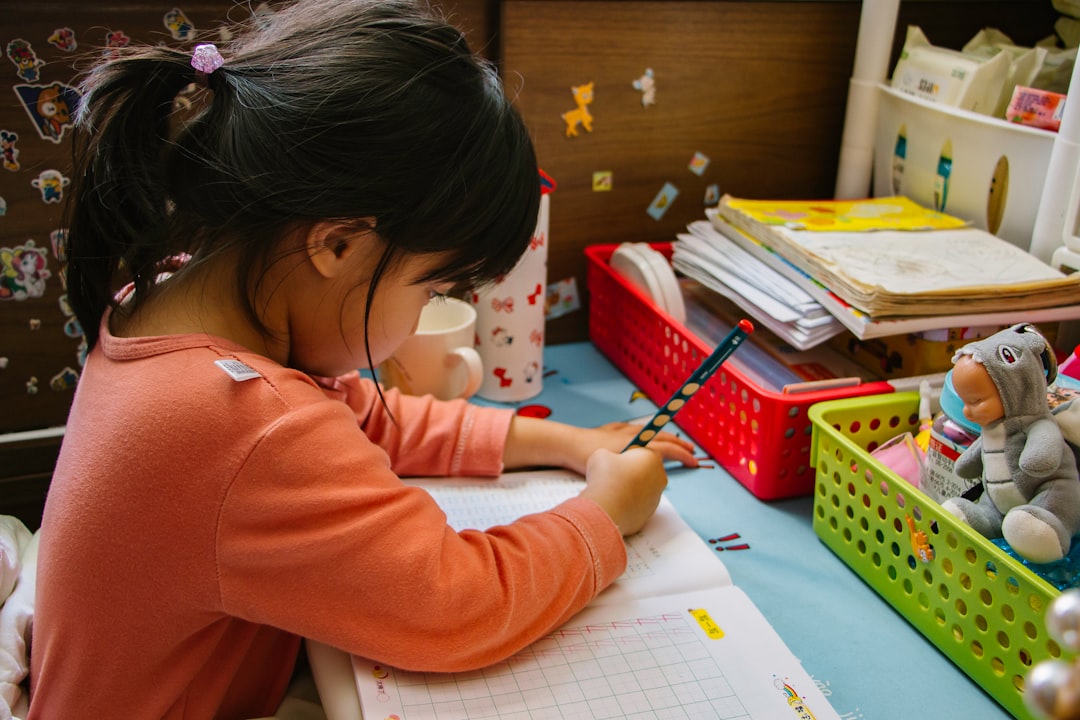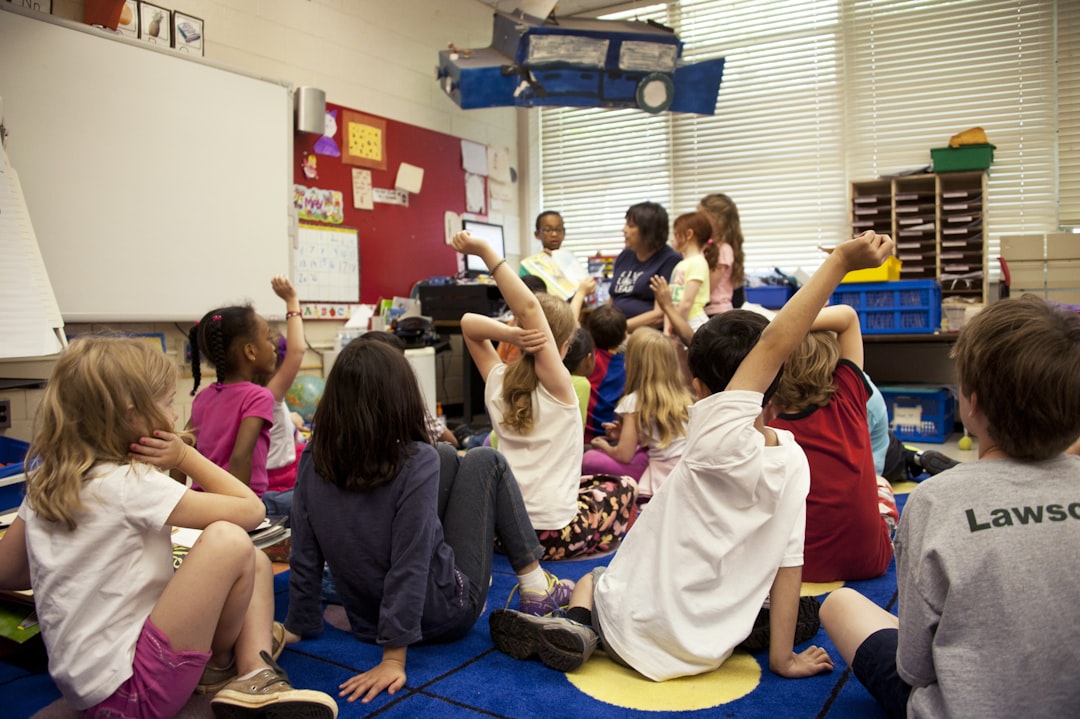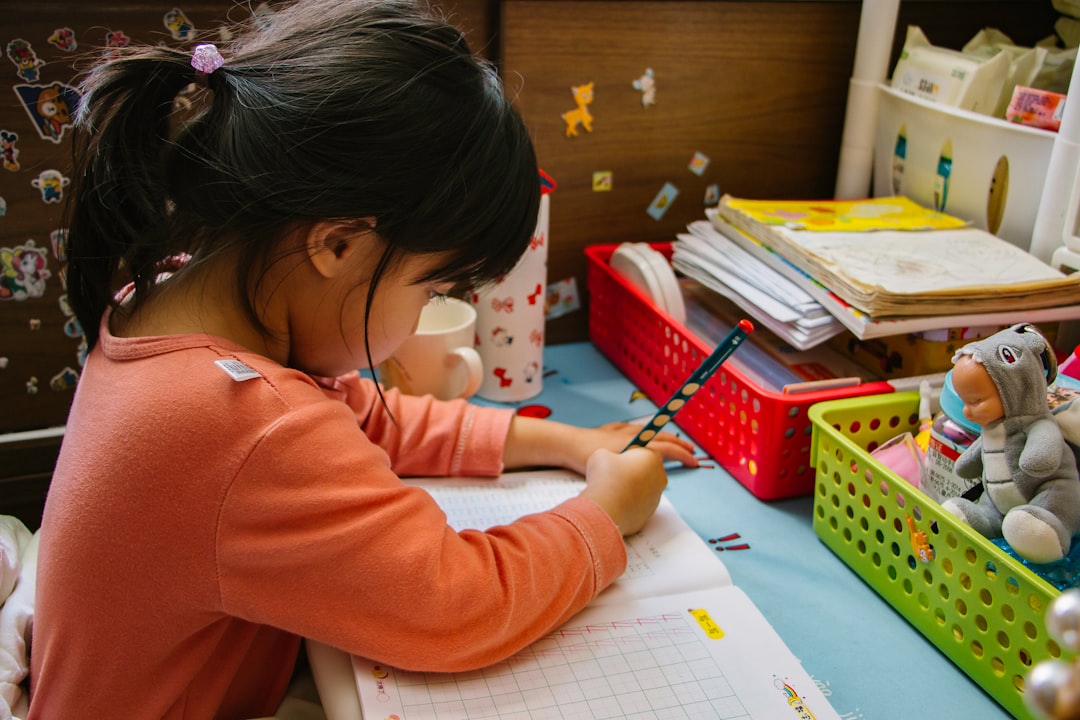Newark, NJ's legal framework protects children with disabilities in daycares through specific regulations on safety, staff training, and care plans. Parents and caregivers should know their rights and report suspected abuse or neglect with help from a daycare abuse lawyer Newark NJ. Immediate action is crucial if a child has been abused; gather evidence and consult an attorney for legal guidance and accountability.
Navigating legal complexities in Newark, NJ, regarding special needs abuse cases requires a deep understanding of local laws. This article delves into critical aspects, offering insights on Newark’s legal framework for handling such sensitive matters. We explore the rights of children with disabilities in daycares and equip parents with strategies to seek justice. If you or someone you know has experienced daycare abuse, connecting with a skilled Newark daycare abuse lawyer is essential for understanding your rights and pursuing compensation.
Understanding Newark's Legal Framework for Special Needs Cases
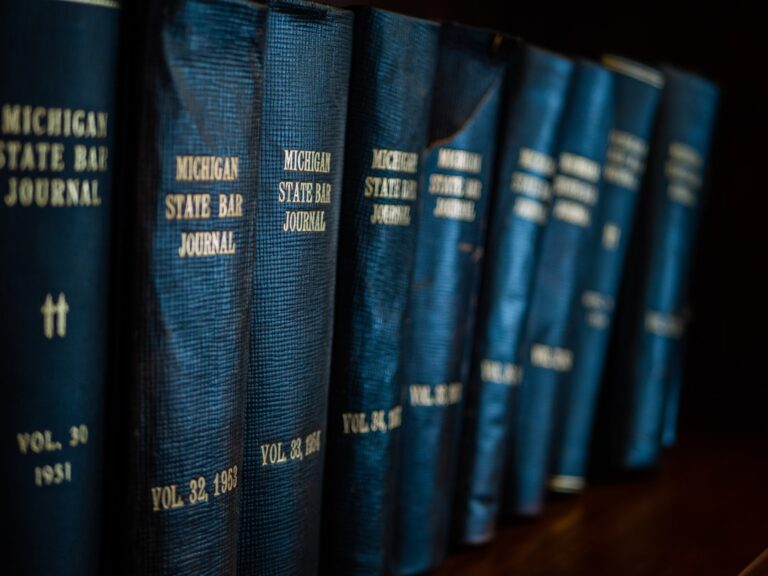
In Newark, New Jersey, understanding the legal framework governing special needs cases is paramount for both victims and their advocates. The city’s laws prioritize the protection of vulnerable individuals with disabilities, ensuring they receive adequate care and support in various settings, including daycares. A daycare abuse lawyer in Newark NJ plays a crucial role in navigating this complex landscape, where state regulations and local ordinances work in tandem to safeguard special needs children.
These legal provisions outline specific standards for facilities catering to the unique requirements of such children, focusing on safety protocols, staff training, and individual care plans. They empower parents and guardians to seek justice if their child has endured abuse or neglect while under the care of these institutions. By familiarizing themselves with Newark’s legal framework, advocates can effectively guide clients through the system, ensuring their rights are upheld and proper accountability is achieved.
Rights of Children with Disabilities in Daycares
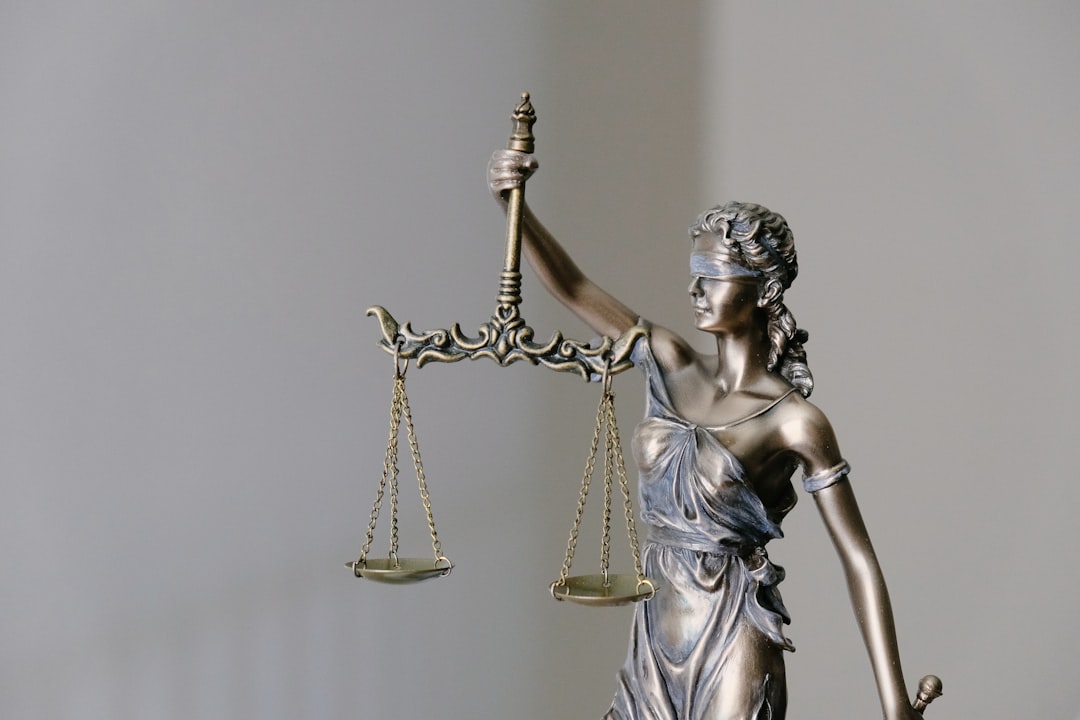
Children with disabilities have specific rights when it comes to daycares, and it’s crucial that parents and caregivers are aware of these protections. In Newark, New Jersey, daycare centers must adhere to strict regulations set forth by the state to ensure the safety and well-being of all children in their care, especially those with special needs. These regulations cover various aspects, including staff-to-child ratios, training requirements for employees, and procedures for handling medical emergencies.
One of the primary rights is the ability to receive appropriate accommodations. Daycare providers must modify their policies and practices to meet the unique needs of each child. This might involve specialized care, adaptive equipment, or individualized education plans (IEPs). Furthermore, children with disabilities have the right to be free from abuse, neglect, and harassment. Any form of mistreatment, including physical, emotional, or sexual abuse, is a serious violation and should be reported immediately to the appropriate authorities, with Newark’s daycare abuse lawyer ready to offer legal support when needed.
Strategies for Parents: Seeking Justice for Abuse Victims
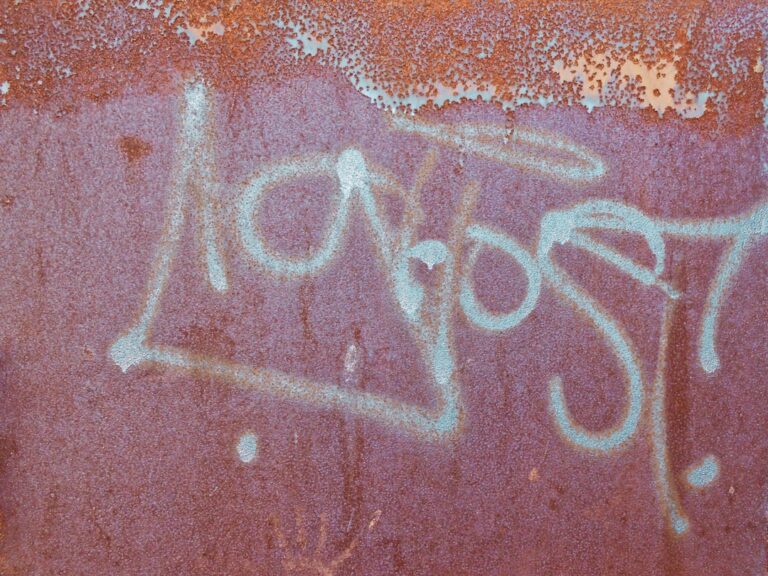
When a parent suspects their child has been subjected to abuse or neglect while in daycare or any other care facility, it’s crucial to take immediate action. The first step is to gather all relevant information and evidence, including medical records, witness statements, and any communication from the facility. A parent should then consult with a dedicated Newark NJ daycare abuse lawyer who specializes in special needs cases.
A skilled attorney can provide guidance on navigating complex legal processes and help parents understand their rights and options. They will work tirelessly to protect the interests of the victim, seeking justice through legal avenues such as filing lawsuits against negligent facilities or individuals, ensuring that the perpetrators are held accountable for their actions.

